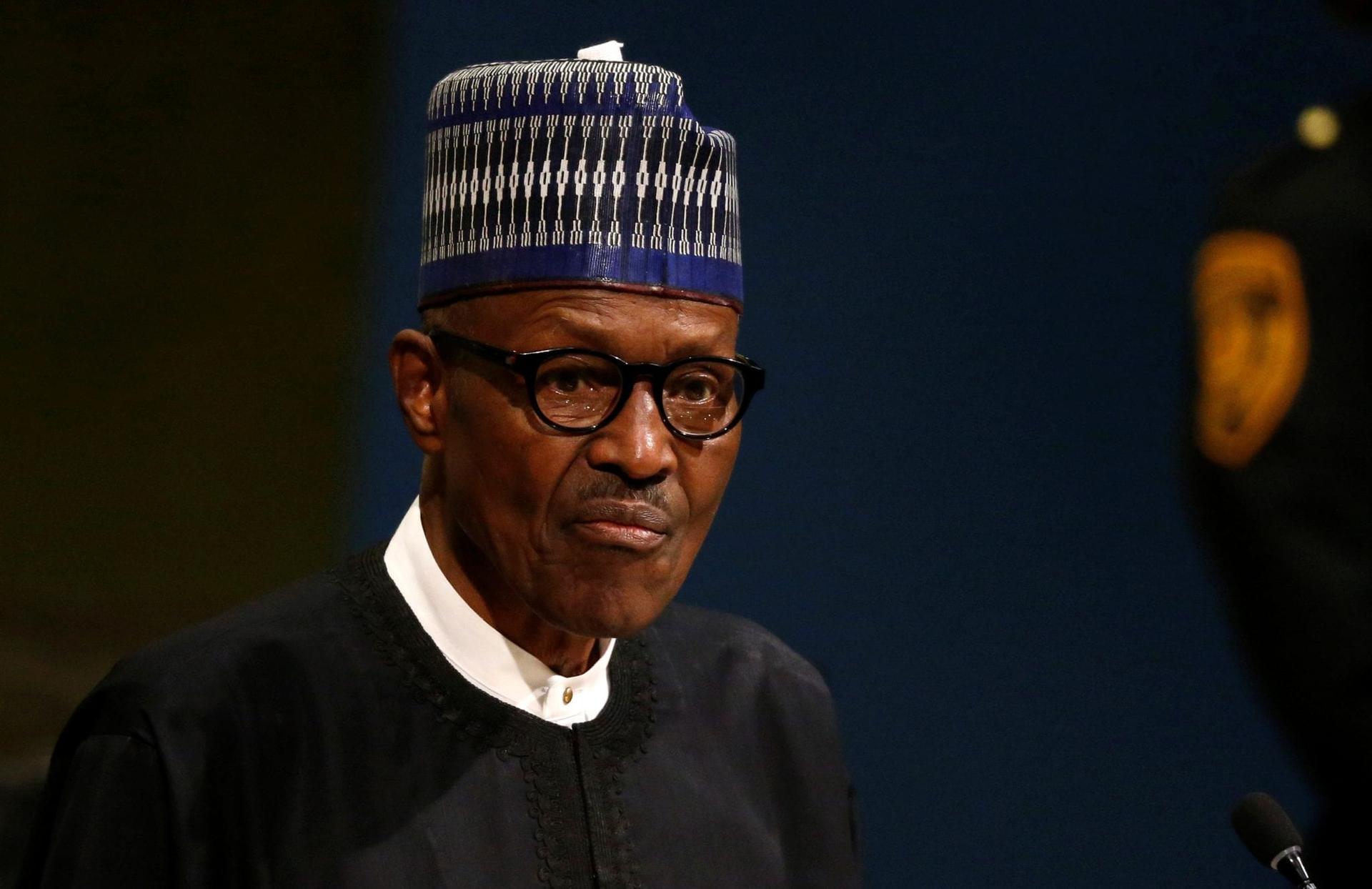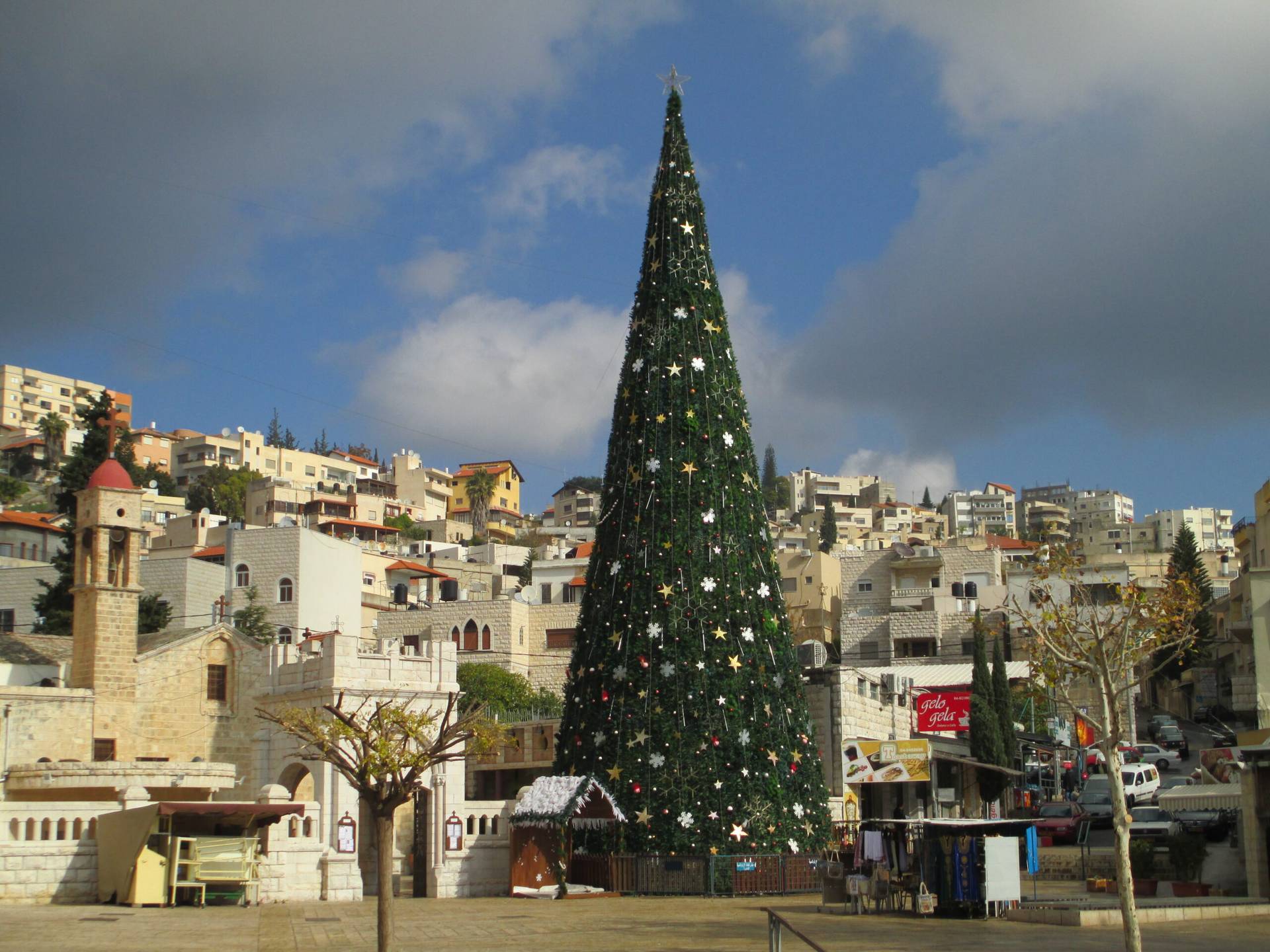ROME – Condemning repeated killings of innocent Nigerians by ethnic militias in the country’s northeastern region, Nigeria’s Catholic bishops have said that the government should “encourage and empower” citizens to protect themselves, and also called President Muhammadu Buhari to resign over failures to deter violence.
“This is not the time to disarm people with legally procured weapons of self-defense,” the Nigerian bishops said in a statement released this week. “These are not normal times since those we pay to protect us have failed to do their duty.”
“When will this barbarism end?” the bishops asked, in a statement released after two priests and 15 of their parishioners were murdered in the St. Ignatius Catholic Church in Ayer Mbalom. During the April 24 attack, perpetrators also burned some 50 houses.
On this not being the time to ask citizens to hand in rightfully acquired weapons, the bishops said that even though they have consistently advised Catholics to remain peaceful, they now feel “violated and betrayed in a nation for which we have all continued to sacrifice and pray.”
“We are sad. We are angry. We feel totally exposed and most vulnerable. Faced with these dark clouds of fear and anxiety, our people are daily being told by some to defend themselves,” the bishops said, noting that most people have no weapons for self-defense.
The Nigerian bishops are currently in Rome, participating in their ad limina visit, a mandatory pilgrimage bishops from around the world make to the Vatican every five years. Their statement was signed by Archbishop Augustine Akubeze, of Benin City, and Bishop Camillus Umoh, of Ikot Ekpene, president and secretary of the Nigerian bishops’ conference.
“If the president cannot keep our country safe, then he automatically loses the trust of the citizens,” the bishops wrote. “He should no longer continue to preside over the killing fields and mass graveyard that our country has become.”
Whether Buhari’s failure “in his primary duty” is a result of inability or a lack of political will, the bishops continued, it’s “time for him to choose the part of honor and consider stepping aside to save the nation from total collapse.”
They mentioned the repeated calls from them and many other Nigerians, asking the president to take drastic and urgent steps to reverse the violence. Referencing a visit they paid to Buhari in early February, they said that at the time they had expressed alarm about safety.
“Since then, the bloodletting and the destruction of homes as well as farmlands have increased in intensity and brutality,” they wrote. “Now our churches have been desecrated and our people murdered on their altars.”
Their three-page statement spares no words when it comes to questioning Buhari, his government and security agencies.
“How can the federal government stand back while its security agencies deliberately turn a blind eye to the cries and wails of helpless and (unarmed) citizens who remain sitting ducks in their homes, farms, highway and now, even in their sacred places of worship?”
Speaking about their being in Rome and the fact that they spoke to Pope Francis about how violence continues to cause fear among Nigerians, the bishops said that they’re “at a loss as to what excuse we can continue to give about why things are the way they are in our nations, where the nation’s landscape is littered with the bodies of its own citizens.”
The clock to address the country’s violence, they wrote, “is ticking. The bomb must be defused quickly before it explodes.”
Archbishop Ignatius Kaigama, of Jos, spoke to Vatican News after the bishops’ meeting with the pope. According to him, the first thing Francis said to the prelates was that he was close to them and that he felt the pain caused by the event.
“They murdered people who were praying, among them two priests,” Kaigama said.
Though not mentioned in the statement released by the bishops’ conference, Kaigama said it’s possible the attack was a coordinated action by Fulani nomads and the terrorist Islamic organization Boko Haram that has killed thousands of Christians in Nigeria and which has pledged alliance to ISIS, the terrorist organization found guilty of perpetrating genocide against Christians and other minorities in Iraq.
The Fulani are are one of West Africa’s largest ethnic groups, numbering between 20 and 25 million people.
“The government and the security agencies have the responsibility to discover and to tell us who are these [terrorists],” the bishops said.
Benue state is located in Nigeria’s “Middle Belt,” where the Muslim north meets the Christian south. In the past three years, there have been close to 50 attacks by Muslim Fulani herdsmen against mostly Christian farmers. The violence seen in attacks such as the one from April 24 is fueled by ethnic and religious undertones, as well as grazing rights and dwindling fertile land.
Over the past several months, there has been an upsurge in violent confrontation between armed herders and unarmed farmers, with the Fulani killing more than 100 since the beginning of the year.
According to the bishops, the fact that Fathers Joseph Gor and Felix Tyolaha and their parishioners were “waylaid” during Mass, “suggests very clearly that their murder was carefully planned.”
Quoting a social media message sent out by Gor on January 3, the bishops said that the desperate cries of the locals have gone unheeded by those “who should have heard them.”
“We are living in fear,” said Gor’s post. “The Fulanis are still around here in Mbalom (where they were killed). They refuse to go. They still go grazing around. No weapons to defend ourselves.”
The “gruesome, grisly and dastardly murder,” they said, couldn’t have been “a revenge attack (as is often claimed), for whom have these priests attacked?”
“These innocent souls met their untimely death in the hands of a wicked and inhuman gang of the rampaging and murderous terrorists, who have turned the vast lands of the middle belt and other parts of Nigeria into a massive graveyard,” the bishops wrote.

















